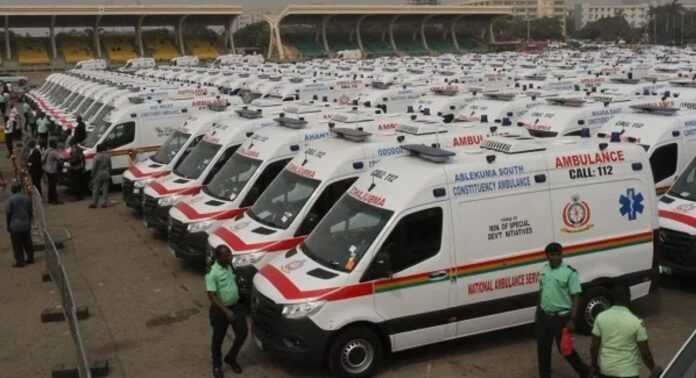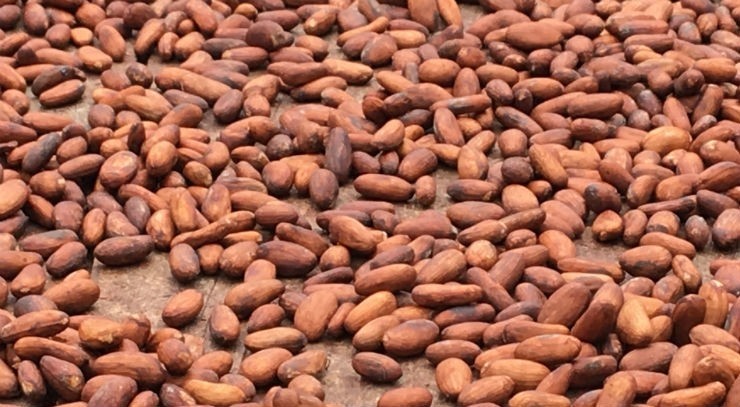The Democratic Republic of Congo, which is at the center of a Mpox outbreak that led to a U.N. declaration of a global public health emergency, expects to receive its first delivery of Mpox vaccine doses on Thursday and a second on Saturday.

The World Health Organization declared the health emergency last month, but efforts to control the disease have been hindered by a shortage of vaccines.
“We’ll receive the first batch on September 5 and a second one on September 7,” Cris Kacita, head of Congo’s Mpox outbreak response, told Reuters via WhatsApp on Wednesday, without specifying the number of doses or the provider.
WHO chief Tedros Adhanom Ghebreyesus confirmed at a press conference in Geneva that the doses, manufactured by Bavarian Nordic and donated by the European Union, are indeed on their way to Congo.
The arrival of these vaccines is expected to address a significant disparity, as African countries had limited access to vaccines during the 2022 global Mpox outbreak, while they were more readily available in Europe and the United States.
Washington and Brussels have committed to providing tens of thousands of Bavarian Nordic vaccine doses.
Thabani Maphosa, head of country delivery for the global vaccine alliance Gavi, informed Reuters that approximately 200,000 doses would arrive in the initial shipment.
Kacita previously stated that Congo hoped to begin the first wave of vaccinations on October 8, contingent on receiving the vaccines this week.
However, health authorities face the challenge of launching the campaign in a vast equatorial country with logistical issues, including maintaining the doses at -90 degrees Celsius (-130°F) and overcoming community skepticism.
“The vaccine will not be distributed immediately upon arrival,” Kacita explained, noting that it would take around a month from delivery to initiate the campaign.
Effective communication to gain public acceptance will be crucial.
Maria Van Kerkhove, WHO’s acting director of epidemic and pandemic prevention, emphasized the importance of communication and addressing misinformation about the vaccines.
Initially, vaccinations will focus on contacts of known cases, as vaccine numbers are still limited.
While Mpox primarily causes flu-like symptoms and pus-filled lesions and can be fatal, Bavarian Nordic’s vaccine is not licensed for children.
The WHO is discussing its use for children in outbreak settings, where benefits may outweigh risks.
In the first eight months of this year, Congo reported 19,710 suspected cases of Mpox, with 5,041 confirmed and 655 fatal.
The disease spreads through close contact, including sexual contact.
A doctor involved in the response, who requested anonymity due to media restrictions, expressed concern about the success of the campaign, particularly in rural areas with limited resources.
Van Kerkhove also highlighted the need for additional resources to support the response in Congo and neighboring Burundi, which has seen a rise in cases of the new clade Ib strain of Mpox.
























































![[FREE FREE MONEY] Predict and Win a Guaranteed GH¢200 From Us EVERY WEEK](https://wordpress.ghanatalksradio.com/wp-content/uploads/2022/02/Predict-and-Win-Final-09-03-2021-218x150.jpg)
![[Predict & Win – 8th/Oct.] WIN A Guaranteed ¢200 From Us This Week](https://wordpress.ghanatalksradio.com/wp-content/uploads/2021/10/maxresdefault-16-218x150.jpg)
![[Predict & Win – 2nd] WIN A Guaranteed ¢200 From Us This Week](https://wordpress.ghanatalksradio.com/wp-content/uploads/2021/09/maxresdefault-50-218x150.jpg)
![[Predict & Win – 25th] WIN A Guaranteed ¢200 From Us This Week](https://wordpress.ghanatalksradio.com/wp-content/uploads/2021/09/maxresdefault-36-218x150.jpg)
![[Predict & Win – 18th] WIN A Guaranteed ¢200 From Us This Week](https://wordpress.ghanatalksradio.com/wp-content/uploads/2021/09/maxresdefault-23-218x150.jpg)









![[National cathedral] See full list of churches that have contributed since 2018](https://wordpress.ghanatalksradio.com/wp-content/uploads/2020/09/Ghana-National-Cathedral-GhanaTalksRadio-100x70.jpg)



